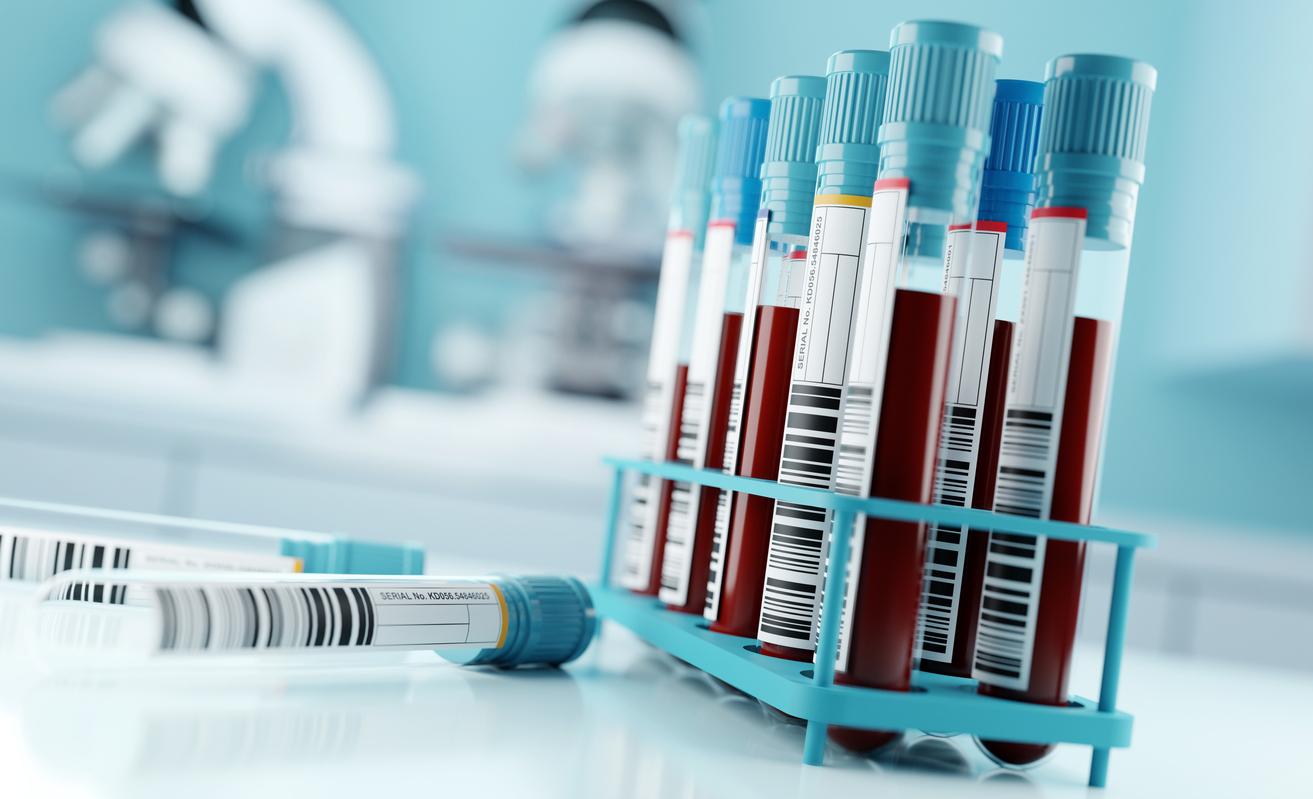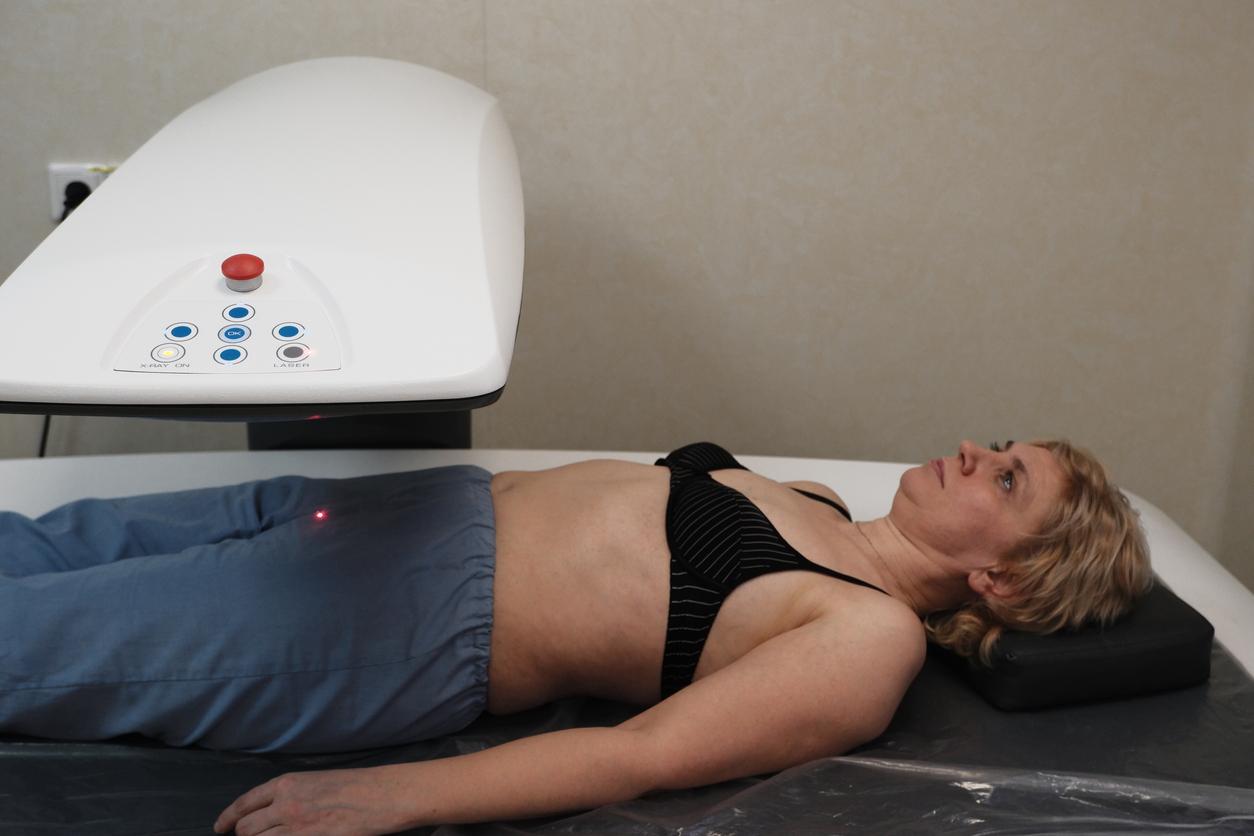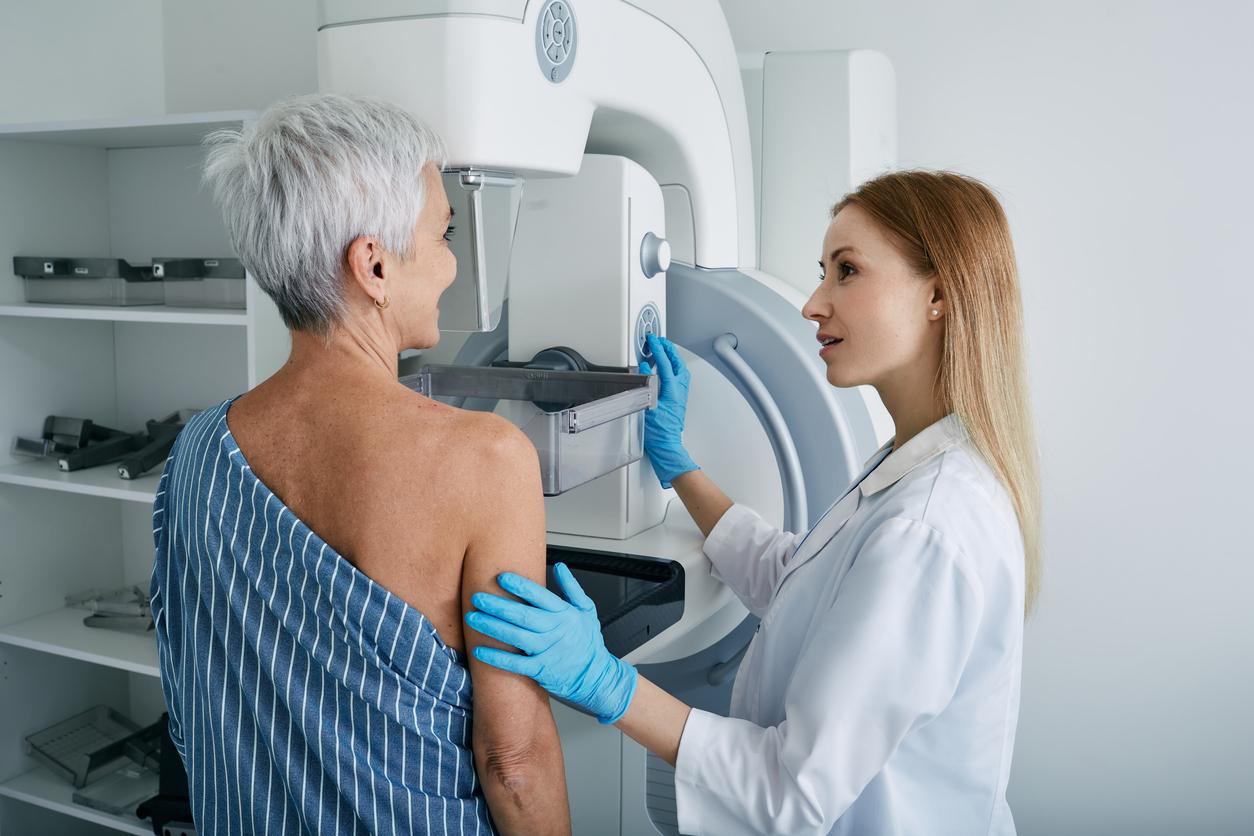Researchers have discovered new biomarkers of inflammation as well as their antibodies, which would ultimately allow to detect diseases and the bodies affected via a simple blood test.

- Scientists have discovered new biomarkers of inflammation and antibodies capable of identifying these biomarkers.
- This discovery could make it possible to create new blood tests to detect diseases and locate the affected organ.
- Ultimately, this discovery could allow the development of new screening tests and new treatments.
Many diseases cause inflammation of the organism, but so far, blood tests have not enabled the affected organ to locate. But that could soon change, thanks to the recent work of researchers of University Case Western Reservein the United States. The team of scientists has indeed discovered new biomarkers of inflammation and antibodies capable of identifying these biomarkers. This discovery could make it possible to develop innovative blood tests to detect diseases and detect the organ concerned. Their work was published in the journal Proceedings of the National Academy of Sciences (PNAS).
Ekode, biomarkers of inflammation
“”This research opens an incredible number of ways for future studies, explains Greg Tochtrop, one of the authors, in a press release. This will directly lead to a better understanding of inflammation and the detection of diseases, as well as to the discovery of new drugs. “
Researchers worked on reactive oxygen species (ERO)which are chemicals manufactured in different ways by immune cells: pin inflammation, to kill bacteria and other pathogens; and lORS of exposure to environmental factors such as ultraviolet light, pollution, radiation and smoking. Note that an excessive amount of ERO can damage the cells and tissues of the body.
Epoxycestooctadecanoic acids (EKODE) are produced when the EROs are in contact with linoleic acid, a fatty acid present in cell membranes. Scientists discovered that these Ekode were biomarkers that can indicate the presence of inflammation or certain diseases. They then developed antibodies capable of detecting these Ekode.
A blood test test
“”What makes it so interesting and so potentially precious is that […] We could potentially detect a variety of diseases with a blood test“, Ensures Greg Tochtrop, who imagines a test similar to that to detect diabetes. This measures the level of glycated hemoglobin (or HBA1C), to assess glycemic balance over several months. In the same way, the test Ekode could indicate abnormal oxidative stress in specific organs.
In the future, researchers will try to determine the different Ekode targets in various organs and tissues. Once it has been established, blood tests can then be developed and, ultimately, perhaps even new treatments.

















